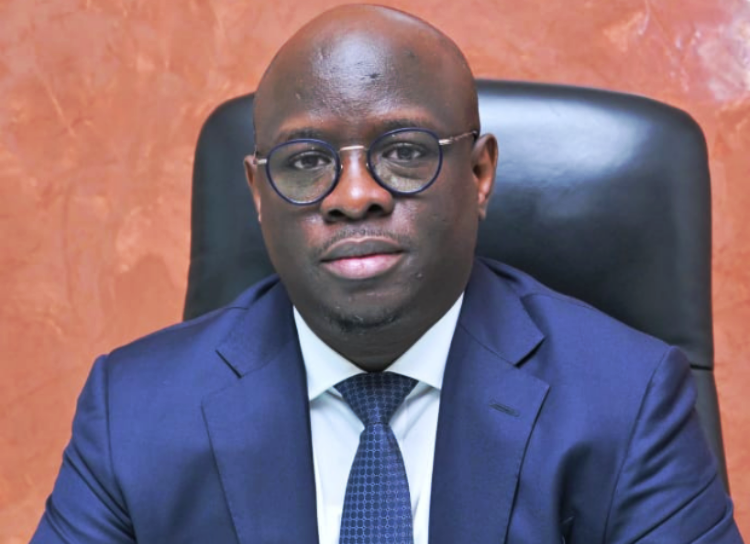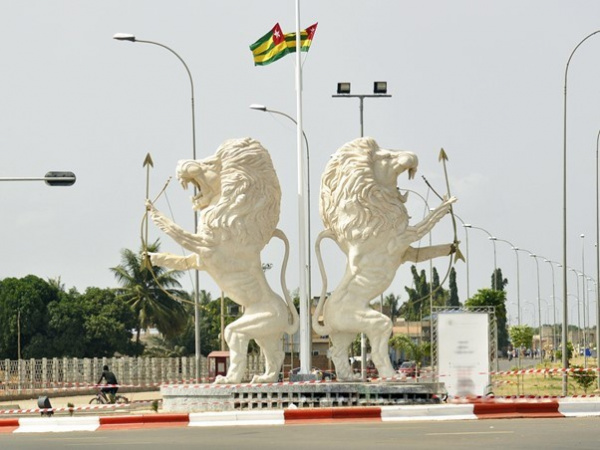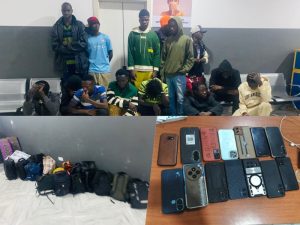Gambiaj.com – (LOME, Togo) – The Economic Community of West African States (ECOWAS) Parliament has expressed deep concern over the declining remittances of the community levy by some member countries, signaling a potential threat to the operations of the regional bloc.
This concern was voiced during the closing ceremony of a two-day induction session for ECOWAS Parliament members, presided over by Speaker Rt. Hon. Memounatou Ibrahima, in Lomé, Togo. The session was part of the 2024 Third Extraordinary Session of the 6th Legislature.
Anna Jagne, Director of Finance and Administration of the ECOWAS Parliament (DAF), revealed that 2024 has been the worst year in recent history regarding member countries’ compliance with community levy remittances. She warned that this drop in compliance could severely impact the financial stability and overall operations of ECOWAS institutions.
“The situation is alarming,” Jagne said, “and poses a serious threat to the functionality of the regional body.”
Under Article 40 of ECOWAS’ Financial Regulations, the community levy—imposed as a 0.5% tax on goods from non-ECOWAS member states—serves as the bloc’s primary source of revenue, constituting between 70% and 90% of its budget. A reduction in these remittances could drastically hamper ECOWAS’s ability to fund its programs and initiatives.
Nigerian Member of Parliament Awaji Abiante attributed the levy payment difficulties to the struggling economies of several West African nations. He highlighted that the region’s economic woes have made it challenging for countries to prioritize remitting the levy.
“The issue of the community levy is directly tied to the state of our economies. It’s only when you have enough that your purchasing power will increase. If the economy is heading south, everything follows suit,” Abiante explained. He added that member states are now finding it difficult to allocate resources for the levy due to other pressing domestic needs.
Abiante emphasized the need to strengthen the economic base of the region as a solution, but cautioned that as long as economic conditions continue to worsen, remittances will remain a challenge.
His Gambian counterpart, Alhagie Darboe, called for increased pressure on countries that defaulted on payments, stressing the dire consequences on ECOWAS operations if the situation persists.
“We need to identify the defaulters and ensure that, at the parliamentary level, we can encourage our countries to pay the levy. Otherwise, the implications will be severe for the operations of the Community,” Alhagie said.
He warned that a failure to address this issue would not only affect the ECOWAS Parliament but could cripple other ECOWAS institutions.
In her closing remarks, Speaker Memounatou Ibrahima praised the session as a landmark moment in the history of ECOWAS institutions. She highlighted the importance of the parliamentarians’ role in upholding the aspirations of the West African people.
“This session has deepened our understanding of the functions and roles of ECOWAS institutions, and I express my sincere appreciation for your active participation and deep reflections,” Ibrahima said. She reaffirmed the importance of the community levy in ensuring the smooth operation of ECOWAS and encouraged members to remain vigilant in safeguarding the financial resources of the bloc.
As ECOWAS grapples with economic challenges, the future of its operations remains uncertain, and member states must decide how to prioritize their obligations to the regional body amidst growing domestic pressures.










